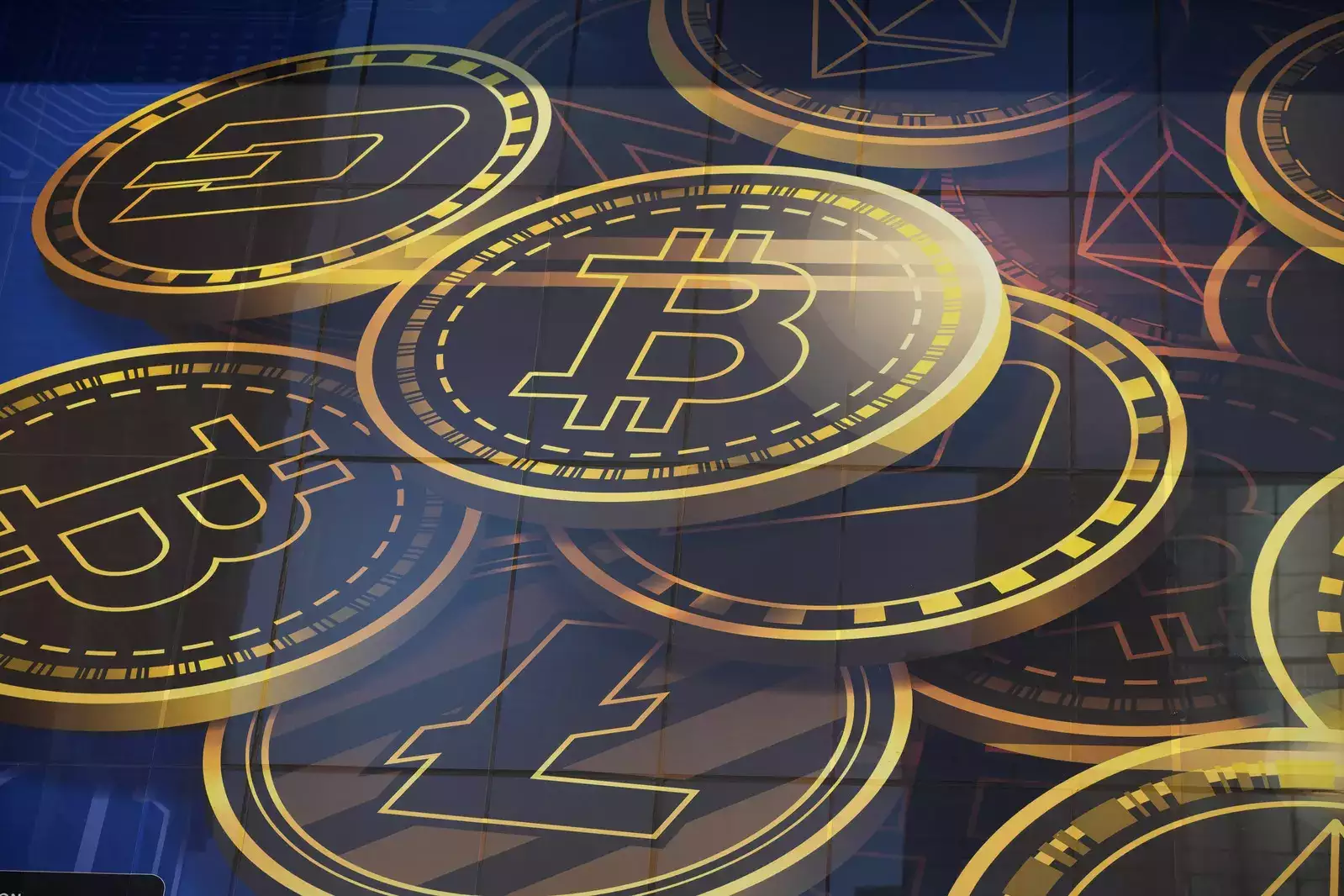Cryptocurrency, often referred to as “虛擬貨幣詐騙,” has taken the financial world by storm. In recent years, it has emerged as a groundbreaking and disruptive force, reshaping traditional financial systems and challenging conventional notions of currency and investment. This digital revolution is reshaping how we think about money, trade, and the future of finance.
At the heart of the crypto phenomenon lies the blockchain technology, a decentralized and immutable ledger that underpins most cryptocurrencies. This innovation has the potential to transform not only the financial sector but various other industries as well, such as supply chain management, healthcare, and voting systems. Its transparency, security, and ability to facilitate trustless transactions have ignited a wave of interest and investment.
Bitcoin, the first and most iconic cryptocurrency, paved the way for the crypto revolution. Introduced in 2009 by the pseudonymous Satoshi Nakamoto, Bitcoin offers a peer-to-peer electronic cash system that operates without the need for intermediaries like banks or governments. It serves as a store of value, a medium of exchange, and a unit of account, providing financial freedom and inclusivity to individuals around the world.
The rise of Bitcoin has not been without its challenges. Regulatory scrutiny, security concerns, and market volatility have all played a role in shaping the crypto landscape. However, the resilience of cryptocurrencies and their underlying technology has allowed them to weather these storms, evolving and maturing over time.
Beyond Bitcoin, a myriad of other cryptocurrencies, often referred to as altcoins, have emerged. Ethereum, for instance, introduced the concept of smart contracts, enabling decentralized applications (DApps) and programmable money. These innovations have led to a booming ecosystem of decentralized finance (DeFi) platforms, non-fungible tokens (NFTs), and more, offering new ways to invest, lend, borrow, and even own digital assets.
